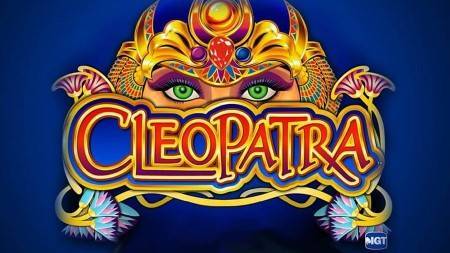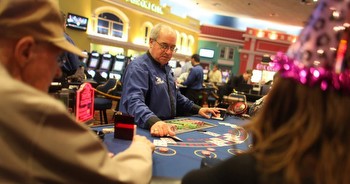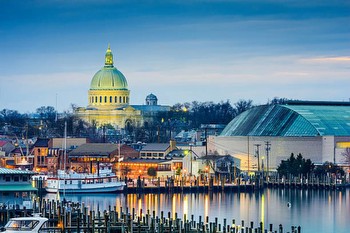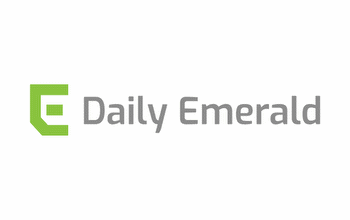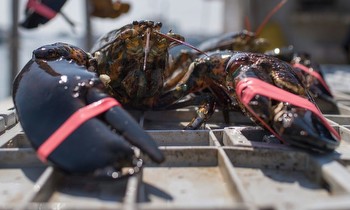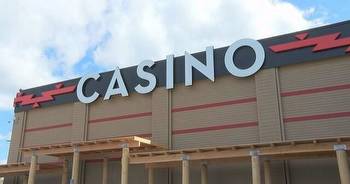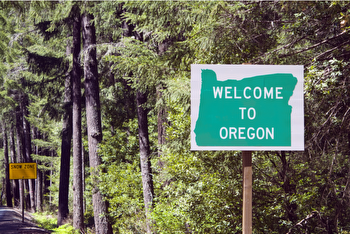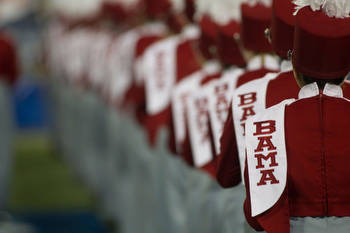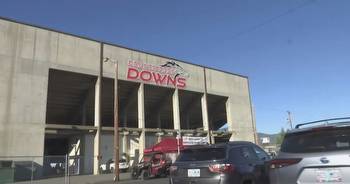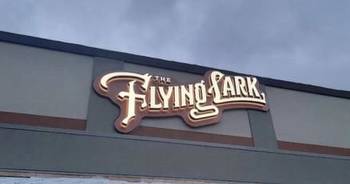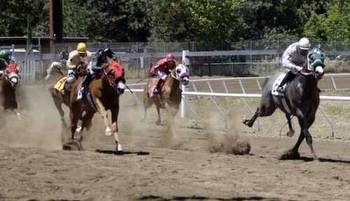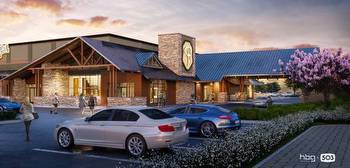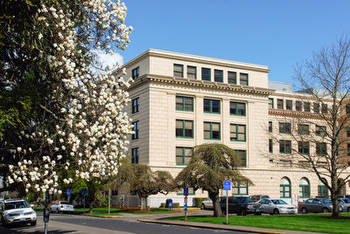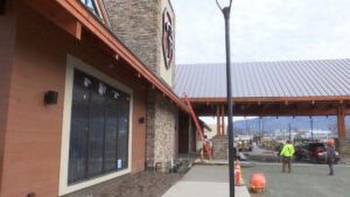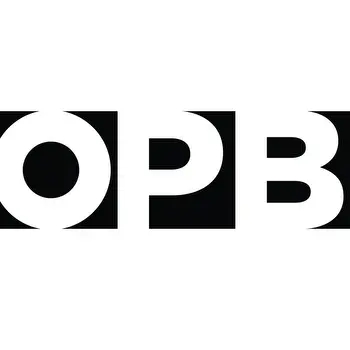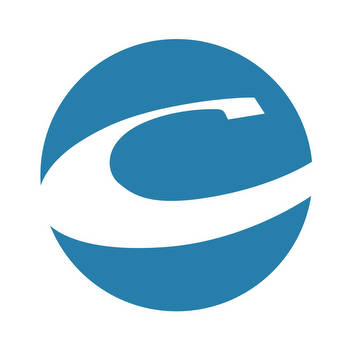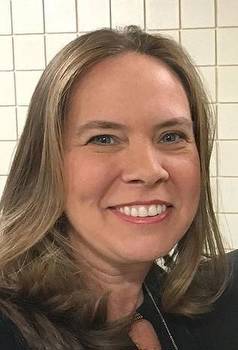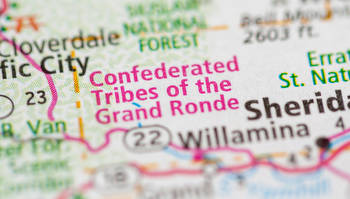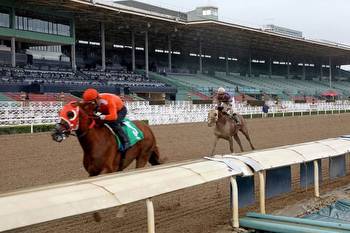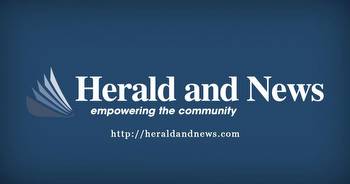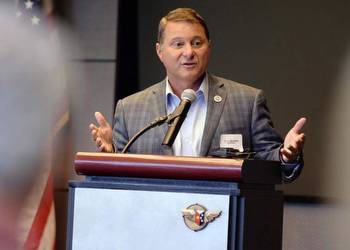Two new bills take aim at The Flying Lark, Grants Pass gambling venture
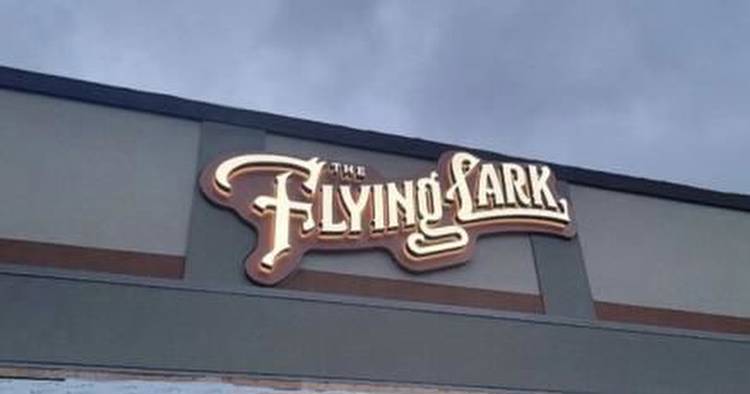
SALEM, Ore. — Dutch Bros co-founder Travis Boersma's horse racing and gambling venture in Grants Pass is already facing headwinds, and two bills just introduced in the Oregon legislature seem tailor-made to blow it down.
The Flying Lark, Boersma's brainchild, is an entertainment and dining complex now nearly completed next to Grants Pass Downs. Boersma has said that The Flying Lark is both legal and essential for horse racing's survival in Oregon. But it's opposed by a half-dozen Tribes, who describe the business as a glorified private casino.
At issue is The Flying Lark's request to install historical horse racing (HHR) machines — something like a cross between a slot machine and a real horse race, where people wager on videos of past races.
To the Tribes, which rely on revenue from their right to operate casinos under the Oregon constitution, the semantics are important. While HHR is legal for a private entity like The Flying Lark to operate under a 2013 Oregon law, many of these machines have evolved in the intervening years. The original concept may have been more like betting on a pre-recorded horse race, but some modern machines are essentially slot machines with some horse-related trappings.
Both bills introduced to the Oregon legislature were made at the request of the House Interim Committee on Rules for Confederated Tribes of Grand Ronde, Confederated Tribes of Coos, Lower Umpqua and Siuslaw Indians, Confederated Tribes of the Umatilla Indian Reservation, Cow Creek Band of Umpqua Tribe of Indians, and Klamath Tribes.
House Bill 4047 directly addresses what HHR could allowably be. If passed, HHR machines would have to show at least the final eight seconds of the race, include a single video display of the race occupying at least 70% of the screen, and may not use casino-associated themes "including depictions of playing cards, dice, craps, roulette, lotto, bingo or traditional slot machine symbols."
The bill would require that winning or losing not be based on chance beyond the results of the race on which the wager was placed. The machine also could not use a random number generator except to select from a database of historical races.
House Bill 4046 does two things — first, it establishes a Special Joint Committee on State Gambling in the Oregon House to examine modern gambling, its trends and existing regulations, and deliver a report with policy recommendations to the legislature in late 2022, in preparation for the 2023 session.
Second, and perhaps most importantly, HB 4046 would essentially put a moratorium on any new Oregon State Lottery games or horse racing ventures from the bill's effective date until January of 2023 — putting a pause on non-casino gambling projects until the committee delivers its report.
It's early in the game for these two bills, which may or may not move forward in the short 2022 legislative session. More pressing still to Boersma and The Flying Lark are their outstanding requests to the Oregon Racing Commission for approval of HHR machines under existing law, requests that have been delayed since fall of last year.
Boersma has said that The Flying Lark cannot afford to pay its employees indefinitely, unless the HHR machines are given the green light within the coming weeks. Boersma and his partners at Grants Pass Downs say that losing The Flying Lark wouldn't just tank the new entertainment complex, but take down horse racing in Josephine County, if not Oregon writ large.







